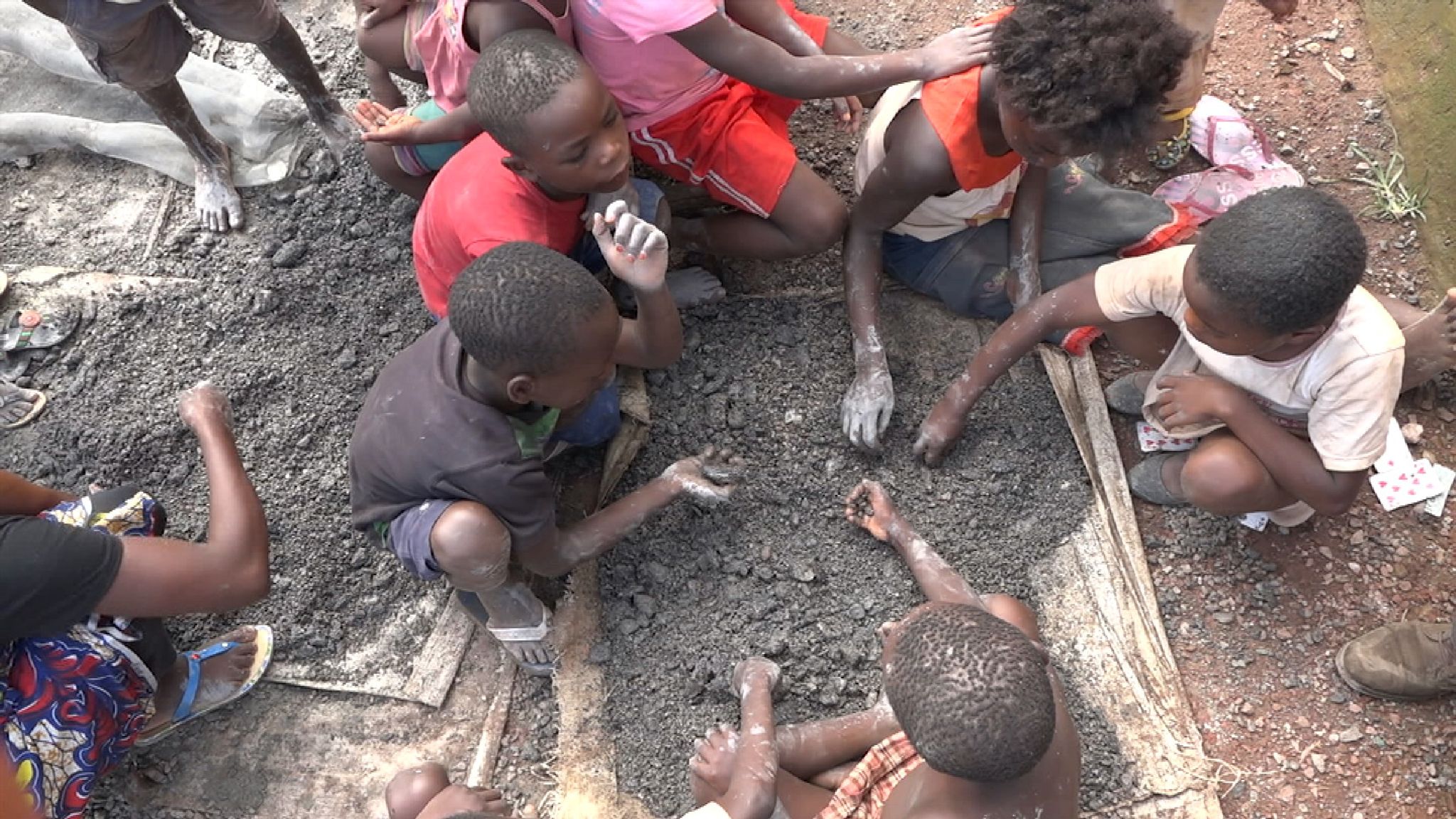

Addressing the human rights crisis associated with cobalt mining will require a multi-faceted approach that involves a range of stakeholders, including governments, civil society organizations, and industry leaders. One key solution is to promote greater transparency and accountability in the cobalt supply chain, including better tracking of the origin of cobalt and greater scrutiny of mining practices. This can be achieved through the development of certification schemes and traceability systems that enable companies and consumers to ensure that their products are not linked to human rights abuses.
Another important solution is to support the development of more sustainable and ethical practices for the mining and processing of cobalt. This includes promoting the use of safer and more environmentally-friendly methods of extraction, as well as ensuring that workers are paid fair wages and have safe working conditions. It also involves addressing the root causes of child labor, such as poverty and lack of access to education, and working with local communities to provide alternative livelihoods.